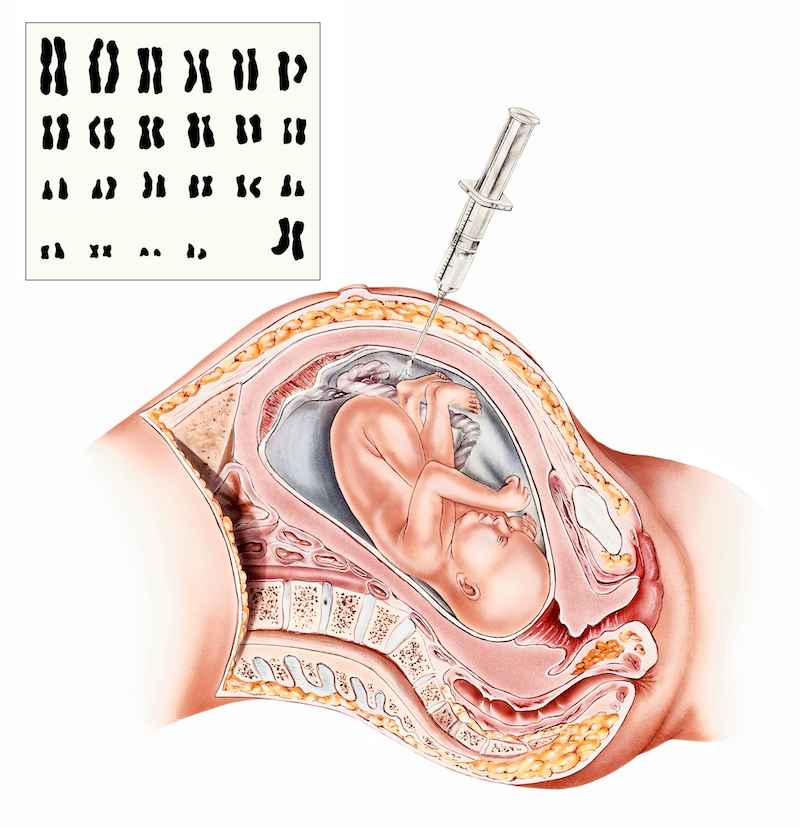Newsletter Signup - Under Article / In Page
"*" indicates required fields
Despite a lawsuit from Illumina, Premaitha forged ahead with its NGS-based non-invasive prenatal test; the NHS just adopted it as a standard screen.
 With its seemingly infinite applications, next-generation sequencing (NGS) is a hot area, especially for diagnostics biotechs. A number have been founded in recent years to develop prenatal tests for birth defects, and many of them have consequently been sued by Illumina, the US-based company clutching 75% of the NGS market share.
With its seemingly infinite applications, next-generation sequencing (NGS) is a hot area, especially for diagnostics biotechs. A number have been founded in recent years to develop prenatal tests for birth defects, and many of them have consequently been sued by Illumina, the US-based company clutching 75% of the NGS market share.
Premaitha‘s time came in March 2015, but the UK biotech pressed on with IONA, its prenatal blood test for Down’s, Edwards’ and Patau Syndromes. Its courage and perseverance seem to have paid off, as the NHS has decided to adopt the test for women whose future children are deemed to be at high risk for these birth defects.
This move by the NHS follows on a recommendation in January from the National Screening Committee that the non-invasive prenatal test (NIPT) be instituted as part of the standard fetal anomaly screening program. The current procedure is a combined test that generates a significant number of false positives, which often leads a mother-to-be to undergo a more invasive procedure and risk miscarriage to obtain a more certain result. Premaitha’s IONA test provides a more accurate and less invasive alternative.

IONA has been developed for women who are at least 10 weeks pregnant and are determined to be at a high risk for giving birth to a baby with Down’s, Edwards’ or Patau Syndrome. Premaitha’s technology includes software to estimate this risk, and the cutoff risk is set at 1:150.
If a mother-to-be has a higher chance, a blood sample will be taken to analyze traces of DNA from the fetus. Using NGS by Thermo Fisher Scientific, Premaitha’s test scans the DNA for Trisomies 13, 18, and 21, which cause the target syndromes; a clinic can then return the results in 3 to 5 days.
Prenatal testing is an emerging multibillion-euro market, and NGS seems like the best avenue to success. But it’s tough: not only is the field already crowded with players like fellow British company Ariosa, but an upstart looking to leverage the technology will probably find itself the target of a legal offensive by Illumina if it starts to be successful.
Undeterred, Premaitha launched IONA to not only stake its claim in the market but greatly reduce the number of women subjected to invasive procedures that put them at risk of losing their babies completely. The test is already available at more than 50 NHS institutions, and Premaitha expects that the NHS will roll it out system-wide within the next three years.
You can hear more about Premaitha from the CEO, Stephen Little, who we interviewed on the Labiotech Tour of the UK.
Featured Image: Lightspring/shutterstock.com
Image: Medical Art Inc/shutterstock.com






